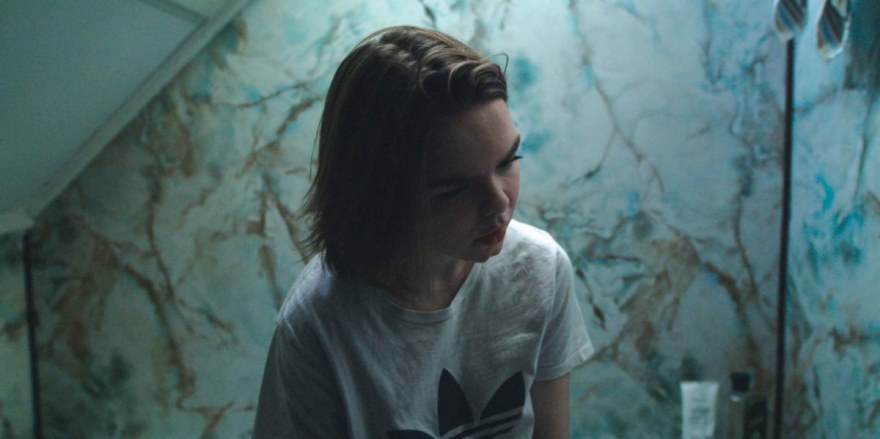Dinner with The Animal
Interview with Sebastian Kåss, director of The Animal
Was it difficult for you to find the actress who plays Siri the determined, angry young lady?
I think casting is one of the most important parts of filmmaking and I always take my time trying a lot of actors and constellations between different actors to see how it affects the film as a whole. With this film it was extra challenging because Siri could easily become a victim of her surroundings. I wanted her to be strong with a fire burning inside of her. Someone you would admire and not feel sorry for. And I wanted someone with a lot of secrets because Siri has so much to hide. I tried many girls for the part, but the minute I met Emily I knew we had our main actor.
Does the title you’ve chosen, The Animal, refer to the instinctive and wild, uncontrolled nature of the main character?
Oh, yes! Siri is The Animal. She has an uncontrollable fire in her that is always trying to escape. When it escapes she loses control. It is also a reference to the feeling of being treated as a rabid animal that society wants to euthanize.
The complex relationship between Siri and her friend, whom she suspects of betrayal at the end of the movie, is remarkably directed. Could you tell us about the relationship which unites these two characters?
The most important thing that unites Siri and Arne is the fact that he is the only one who does not feel sorry for her. He is not afraid of her and accepts her for who she is. With all her problems and her fucked up family. And he sees her! Of course this is also very scary for Siri who likes to hide behind her tough exterior.
The Animal was selected in many festivals, as well as your preceeding film Forfaine, which was quite successful in the film festival circuit. What’s your view on the visibility of shorts today?
I’m so happy that my films have been screened at festivals. Film festivals are a fantastic arena to get to know film, people and stories from around the world. To be inspired by other people and to see films you would never find at home. I actually met my producer Pascal Barbier at Brussels International Short Film Festival and we started to work and make films together. And of course one of the best things about film festivals is that you get to see short films in the cinema! The way films are supposed to be screened. On other platforms I think we have a long way to go. In Norway people almost don’t know what a short film is, because they never see any. I think Norway’s biggest TV-channel has one screening of short films each year. And they only have like 10 shorts available for online streaming, and only Norwegian films. It would be great if the big streaming sites like HBO and Netflix bought short films. It would be a fantastic opportunity to spread our films to a larger audience and a way for new talents to be discovered.
Would you say that the short film format has given you any particular freedom?
The short film format IS freedom. Because there is no expectation of revenue and the films are financed as a pure art form made to tell stories. I think you can see that filmmakers are more experimental in short films. You can use the short film format to explore a specific situation, a state of mind or a line of text. There are no rules other than the fact that you should engage your audience. It has given me freedom to explore themes that are important to me, and stories that I want to share with people. It is freedom because there is a short way from idea to finished product.
The Animal was selected in the National Competition (F5).








